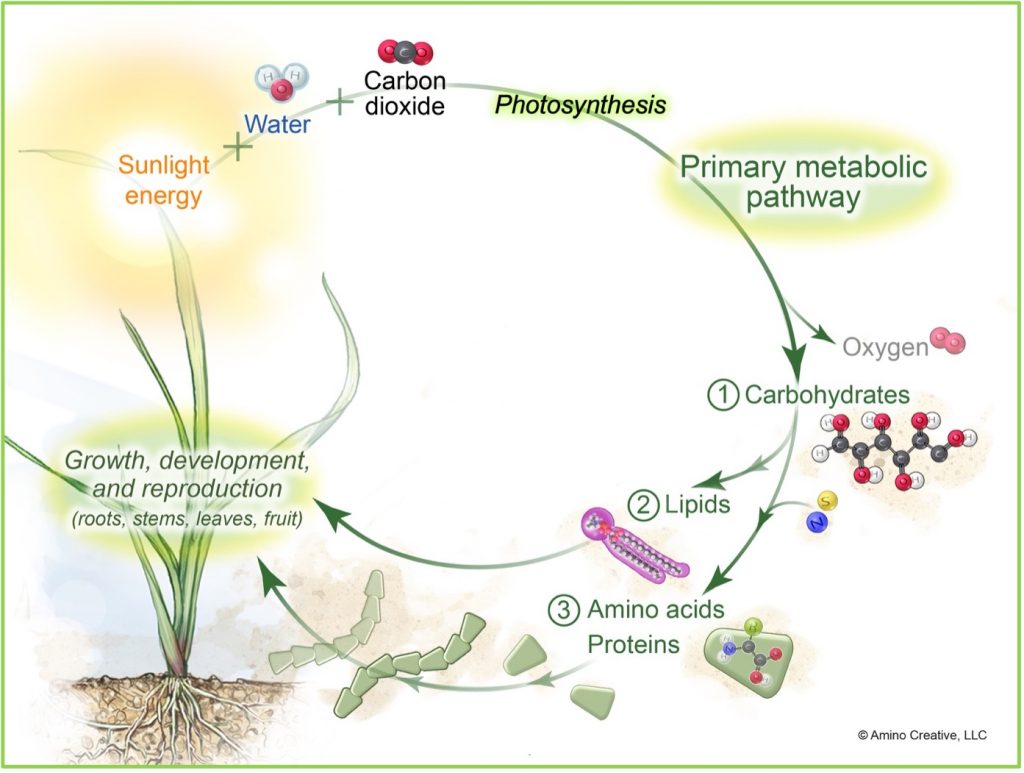Understanding plant respiration and heat stress
Related Articles
Providing the plant with optimum levels of potassium is critical at this time of year.
The summer of 2018 saw Europe experience a prolonged period of high temperatures that broke many records. By definition, cool season grasses are grass types that thrive in areas with cold winters and moderately hot summers, and grow best when temperatures are between 18 and 27°C. The summer of 2018 saw daytime temperatures consistently reaching 30°C and above in both northern and central Europe over a prolonged period, and drought-tolerant fine leaved fescue species suffered in a way that is not often seen purely because they are not warm season grasses. Even those areas of Europe where C4 grasses are the desired species, golf course turf suffered from heat stress. Greenkeepers commonly respond to this form of extreme abiotic stress by implementing a range of strategies, including maintaining transpirational cooling with daytime syringe irrigation, raising mowing heights, using solid rollers on cutting units as opposed to the grooved variety, enhancing root growth where possible and moderating any applied nitrogen inputs.
As hot summer days are already underway in some areas and fast approaching in others, it is important to remember that temperature is constantly influencing the quality of sports turf playing surfaces. During periods of high heat, the plant’s ability to regulate stomatal tissue is critical to maintain optimum respiration. Stomatal tissue is regulated by potassium influx, and plants low in potassium will not be able to provide adequate regulation of stomatal tissue which in turn reduces plant respiration, leading to reduced growth and quality.

As can be seen from the diagram, plant respiration is the utilisation of sunlight energy combined with carbon, hydrogen and water to form carbohydrates in a process known as photosynthesis. Once plants have created the basic carbohydrate energy unit, the process continues as plants combine mineral elements to form amino acids and proteins to build roots and leaves. Plant respiration is driven by the ability of the plant to transpire water from roots up through the plant and out through leaf stomates. Under optimum growing conditions, efficient plant respiration supports plant health and results in more economically viable sports turf surfaces.
Under conditions of heat stress, providing the plant with optimum levels of potassium is critical. However, as any experienced turf manager would note, soil uptake of potassium during heat stress is difficult if not impossible. In soils, potassium is often fixed to soil particles and becomes difficult for the plant to take up during respiration. This is particularly true during periods of heat stress when greenkeepers are frequently watering, and the plant is respiring at an accelerated rate.
Potassium in the form of a bio-active ion will insure that adequate potassium is provided to the plant. You may ask what a bio-active form of potassium is? It is the combination of potassium with a specific carbon to aid in the uptake and movement of potassium throughout plant tissue.
Providing bio-active potassium will prevent soil fixation of potassium and the bioactive organic chemistry will insure its optimum movement throughout the plant and into the stomatal tissue. Utilising bioactive potassium as a spray application will increase the efficiency of applied potassium and increase stomatal conductance helping the plant overcome heat stress during the coming summer days.
Was the summer of 2018 a one-off or is it a sign of things to come? As we more regularly experience higher temperatures than those which we expect our grasses to tolerate, the time has possibly now come for turf managers to shift focus from reacting to biotic stress to mitigating abiotic factors such as heat stress. Spray applications of a bio-active potassium that is available to the plant for uptake and use will be beneficial at this time in order to increase turf quality. Redox TurfRx K+ MicroCrystal is one such product, containing plant-available potassium essential for osmotic regulation and plant-available phosphate, an essential component to maximise respiration.

























